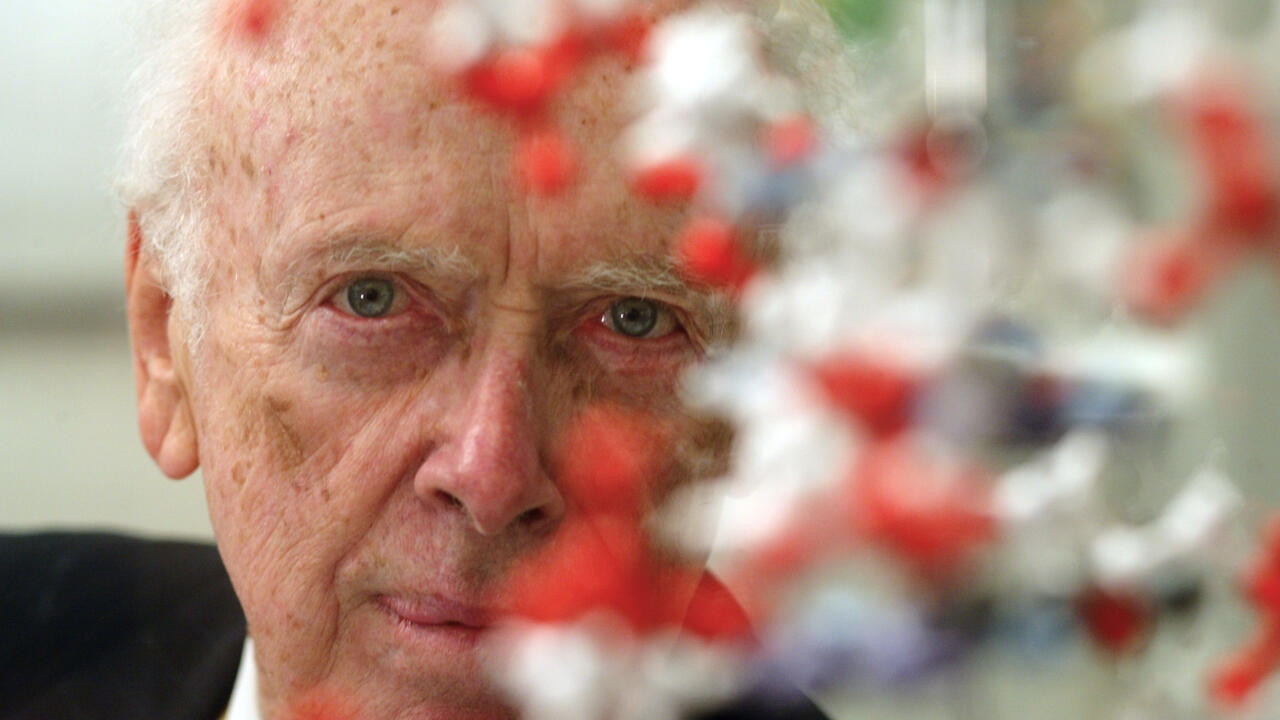BEIJING -- BEIJING (AP) — Chinese Nobel Prize-winning physicist Chen Ning Yang, one of the most influential scientists in modern physics, died in Beijing on Saturday. He was 103.
The prestigious Tsinghua University, where he studied and served as a professor, said in a statement that Yang died of an illness, without sharing further details.
“Professor Yang is one of the greatest physicists of the 20th century, having made revolutionary contributions to the development of modern physics," the statement said, praising his contribution to China’s scientific and educational developments.
Yang won the Nobel Prize in 1957 with Tsung-Dao Lee for their investigation of the so-called parity laws that led to “important discoveries regarding the elementary particles,” according to the Nobel Prize website. They were the first Chinese-born Nobel Prize winners in physics.
In his speech at the Nobel Banquet at the time, he said he was as proud of his Chinese heritage as he was devoted to modern science, a part of human civilization of Western origin.
“I am heavy with an awareness of the fact that I am in more than one sense a product of both the Chinese and Western cultures, in harmony and in conflict,” according to his speech, shared on the Nobel Prize website.
Yang, also known as Frank or Franklin, was also famous for his Yang–Mills theory developed with American physicist Robert Mills.
Born in 1922, Yang was brought up surrounded by the Tsinghua campus, where his father was a math professor, the website said. After finishing his undergraduate degree, he obtained his master’s degree from Tsinghua.
He enrolled in the University of Chicago in the United States to pursue a doctorate in 1946 and was strongly influenced by Italian-American physicist Enrico Fermi, who had won the same Nobel Prize in 1938, the website said. He later became a professor at the Institute for Advanced Study in Princeton.
In 1986, he became a distinguished Professor-at-large at the Chinese University of Hong Kong, to which he generously donated many of his awards and articles, including the Nobel Prize. Starting from 1999, he served as a professor at Tsinghua.
According to a 2017 report by China's official news agency Xinhua, Yang obtained American citizenship. He said at the time it was a painful decision, one that his father had not forgiven him for. He renounced his U.S. citizenship in 2015, saying it was a beautiful country that gave him good opportunities in studying science, the report said.
The Nobel Prize website said Yang had three children.

 1 month ago
23
1 month ago
23










 English (US) ·
English (US) ·